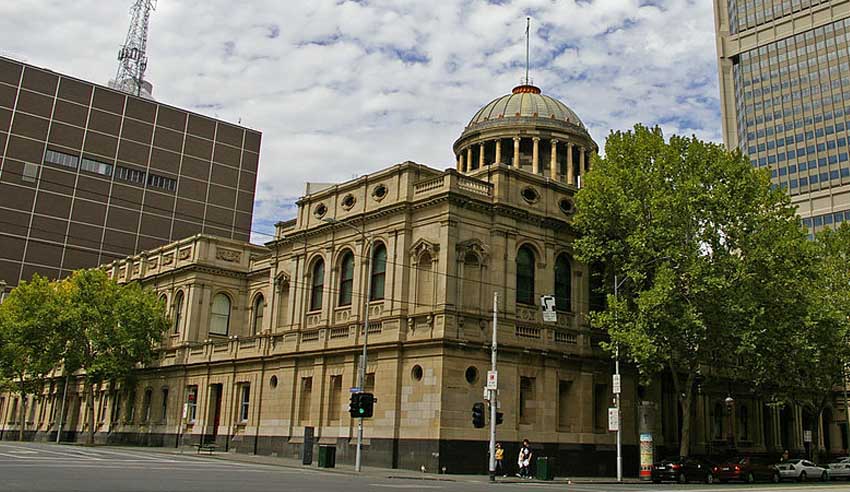Victoria Legal Aid has committed to providing further training to its lawyers on court etiquette, professional ethics and relationships with counsel while apologising to the state’s Supreme Court on behalf of a solicitor and barrister who sent two emails to the court that contained “inappropriate” language that was “factually incorrect”.

The Supreme Court of Victoria took issue with the “content and tone” of two emails drawn by a barrister and looked over by a Victorian Legal Aid (VLA) solicitor which contained “factually incorrect, provocative, discourteous and/or controversial” information relating to the court’s normal processes and, on its surface, appeared to suggest that one of its justices’ conduct amounted to actual or apprehended bias.
The solicitor then made contact with a justice’s associate on two separate occasions, “despite knowing that the proceeding had not been issued or referred to that judge”. In doing so, the court considered that there was a “serious question as to whether [they] commenced a process of inappropriately seeking to persuade [a registry lawyer] or associates to act otherwise in accordance with the usual processes.”
In a follow-up email sent on a Saturday, the court found that the solicitor and barrister had made “serious allegations of impropriety against a judge of the court”. In the email, the solicitor said that the judge was improperly acting as a “gatekeeper of the court” by adopting a “strict policy of blocking any immigration detention habeas corpus application from being heard by another judge in this court”.
In the same email, the solicitor and barrister contended privately to the registry lawyer but not to the judge’s chambers that the justice in question’s conduct had “amounted to actual or apprehended bias” and constituted a “failure to consider materials before the court and a denial of procedural fairness”. These allegations were sent despite the proceeding not having commenced and no decision made.
“What concerned me most about this conduct was that, in engaging in private correspondence with a court officer, rather than with a judge in open court, there was a serious question whether the subject matter, tone and manner of the correspondence fell short of standards of courtesy, competence and diligence to be expected of a reasonably competent lawyer,” Justice John Dixon commented.
In an email sent by the prothonotary, the court noted that it was considering a prima facie case that the conduct of the solicitor and barrister in sending these emails as Australian legal practitioners may have constituted a contempt of court, unsatisfactory professional conduct and a failure to comply with practice notes.
The prothonotary letter concluded by inviting the solicitor and barrister to appear in court in May 2021, during which they both “proffered full and sincere apologies”.
In explaining their conduct, the solicitor explained that he was simply seeking the “quickest possible hearing date” and did not consider that by sending the first email, “another interpretation was open”. He specifically acknowledged that the last part of the email, which was most in contention, was “inappropriate” and apologised.
The barrister also acknowledged the inappropriateness of the last line of the first email and accepted that it carried the meaning the solicitor was seeking to direct which judicial officer should hear and determine any question of transfer. He has unreservedly apologised to the court for having drafted the correspondence.
As for the second email, the solicitor submitted at the time he knew it was strongly worded, “but was comfortable sending it because it had been drafted by counsel”.
On reflection, the barrister said the Saturday email was read differently than he intended, and he accepted that he “acted without due reflection and exercised poor judgement in addressing the communication to [the registry lawyer] personally and in using language that was unduly sharp and discourteous to the court”.
The VLA also apologised unreservedly to the court for the conduct of the solicitor and for its “failure to have in place adequate material oversight policies” in respect of junior lawyers and for deficiencies in professional training and guidance.
It accepted that while in the past it has offered information sessions to its lawyers on court etiquette and professional ethics, it recognised that further training is needed. More training relating to how lawyers develop working relationships with counsel retained on litigious matters will also be offered and will provide information on how lawyers should exercise independent judgement in correspondence to the court.
The judgement is available on AustLII and can be accessed here.
